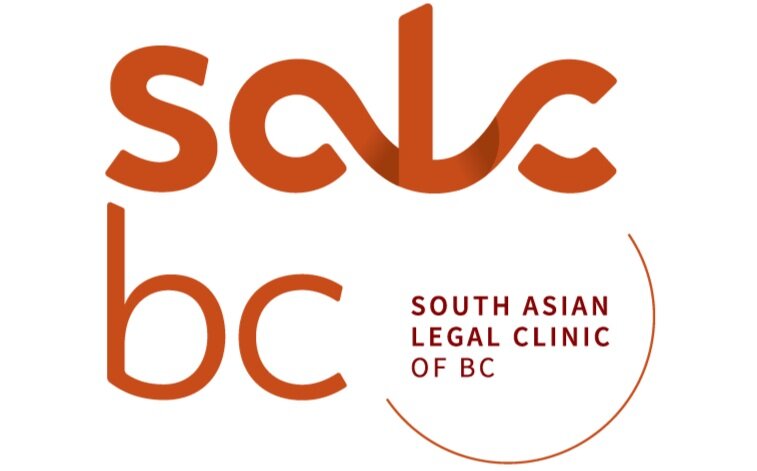National Day for Truth and Reconciliation: Actions for Solidarity
In the wake of the National Day for Truth and Reconciliation, we have a unique opportunity to honour Indigenous communities, acknowledge historical injustices, and take meaningful steps towards reconciliation. September 30th serves as a solemn reminder of the painful legacy of residential schools and a call to action for all Canadians.
Here are some ways you can observe this important day:
1. One Day's Pay: Supporting Indigenous Initiatives
A tangible way to show your support is by contributing one day's pay to Indigenous projects, movements, organizations, and nations. Visit OneDaysPay.ca to find a list of initiatives that aim to address pressing issues within Indigenous communities.
Your donation can make a significant impact, whether it goes toward educational programs, cultural preservation, or economic development.
2. Phyllis Webstad's Story: The Origin of the Orange Shirt Day
Understanding the history behind Orange Shirt Day is essential. Phyllis Webstad, a survivor of the Canadian residential school system, shared her heartbreaking experience. She was stripped of her cherished orange shirt, a symbol of her identity and culture, upon arrival at school. Phyllis's story resonates with countless survivors and is a testament to the resilience of Indigenous peoples.
Read her story to gain insight into the significance of the orange shirt and its connection to the National Day for Truth and Reconciliation.
3. The Truth and Reconciliation Commission (TRC) Calls to Action
The Truth and Reconciliation Commission of Canada released 94 recommendations aimed at redressing the legacy of residential schools and advancing reconciliation.
Take the time to read through these recommendations to understand the multifaceted approach needed for meaningful change. You can find these recommendations on the official TRC website.
4. Progress Report on TRC Calls to Action
To gauge the progress made on the TRC's calls to action, consult the official progress report. It provides insights into what has been achieved and highlights areas that require further attention. Acknowledging both successes and challenges is crucial for advancing reconciliation efforts.
5. Reclaiming Power and Place: The Final Report of the National Inquiry into Missing and Murdered Indigenous Women and Girls
Delve into this comprehensive report that addresses the systemic issues contributing to the tragedy of missing and murdered Indigenous women and girls in Canada. Understanding the findings and recommendations of the Final Report is essential for advocating for justice and change.
The Final Report is comprised of the truths of more than 2,380 family members, survivors of violence
